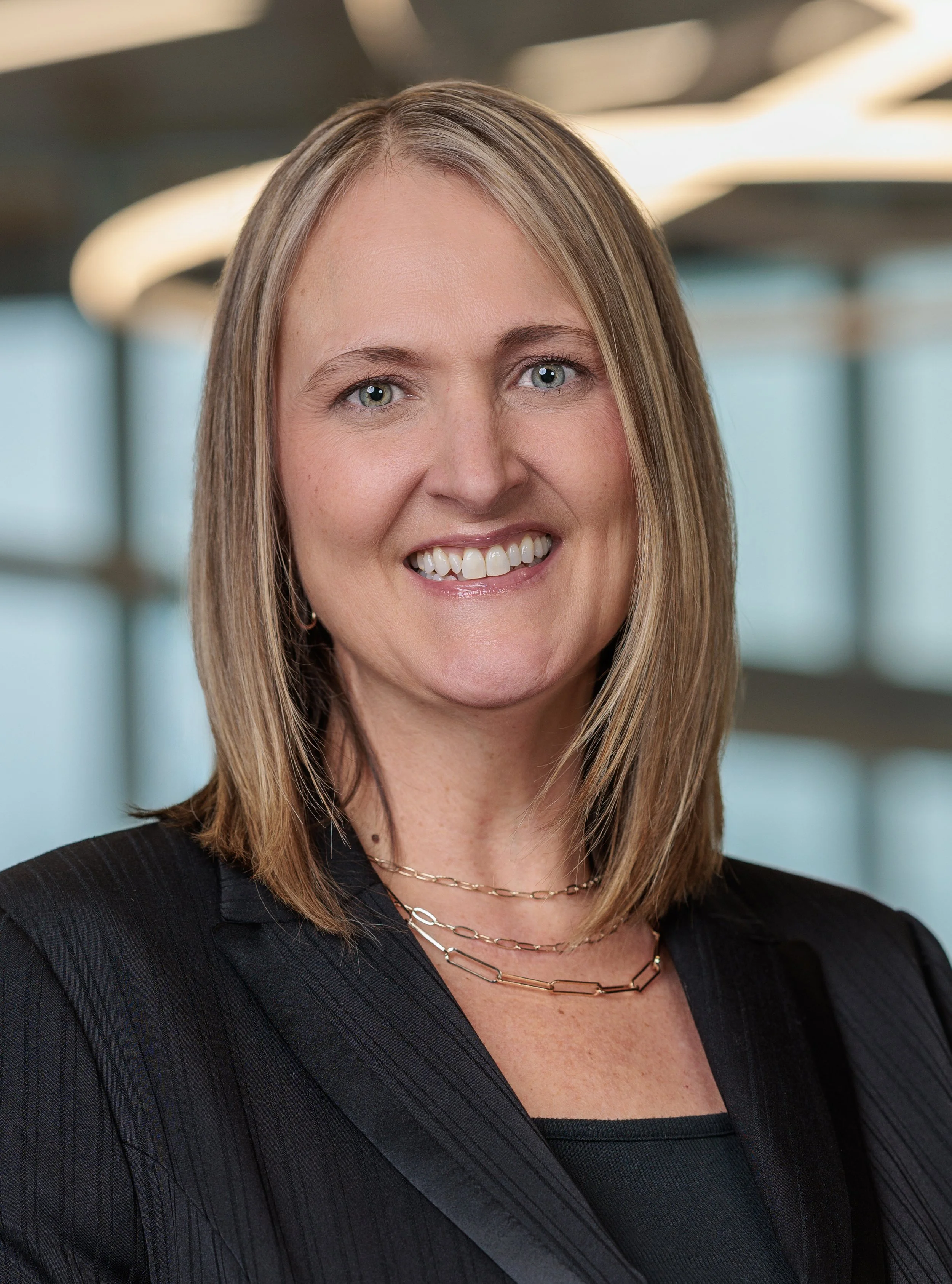Imposter syndrome isn’t what it seems
Our minds can play awful tricks on us. Just because your mind is telling you that you are a “fraud,” “failure,” or “unworthy” does not make it true.
Most of us will experience some anxiety or self-doubt when stepping into a new role or taking on a new challenge. When you have Imposter Syndrome, however, you have an overwhelming fear that someone will discover you are a fraud, that you don’t have the expertise, and that you don’t really belong in your position. You may, in fact, have a lot of experience and work really hard. You may even excel at the job. The problem is that you don’t believe in you.
Learning curve ahead
With every new venture, whether it is a new job, opportunity, or project, there is a learning curve. This is normal and to be expected, no matter how talented you are. These new ventures tend to bring the Imposter Syndrome out in us and can set in motion a spiral of self-criticism, self-doubt, fear of not living up to expectations, and constant anxiety.
Imposter Syndrome does not have to continue to haunt you. First, be kind to yourself. Even if you did make a mistake, it is part of the human condition to make mistakes. That is how we grow and learn. Also, remind yourself that you have value, even with your flaws and imperfections.
Our thoughts may deceive us
Our minds can play awful tricks on us. Just because your mind is telling you that you are a “fraud,” “failure,” or “unworthy” does not make it true. Challenge your mind when you catch these automatic thoughts and replace them with more accurate thoughts. Also, do not allow these negative/inaccurate thoughts to hold you back. Instead, remind yourself of your “why,” your reasons based on your core values, why you should persevere anyway.
If you still feel a bit stuck in your own head, talk to a friend or a mentor. It can certainly feel scary or shameful to admit to another human being that you feel like a fraud or that you don’t feel like you know what you are doing. It can be freeing to share this with another person, especially when you find out they have had similar struggles.
By Dr. Siquilla Liebetrau,
Bowen Health VP of Clinical Service
Share this blog!



